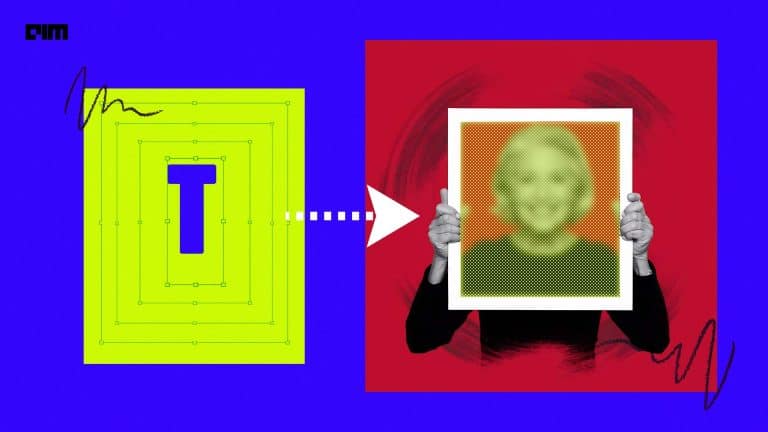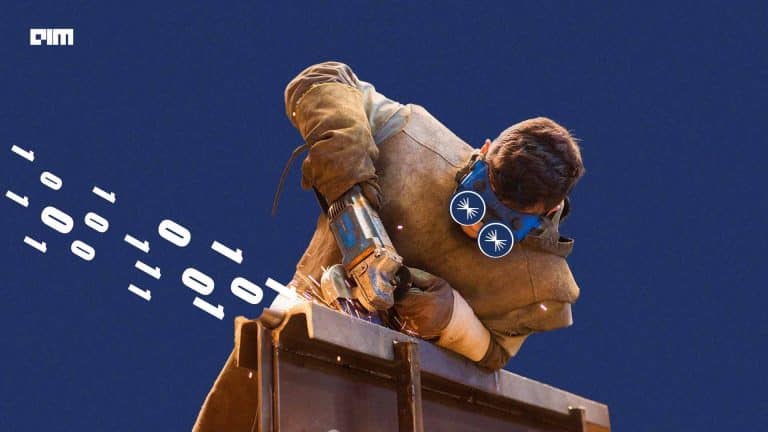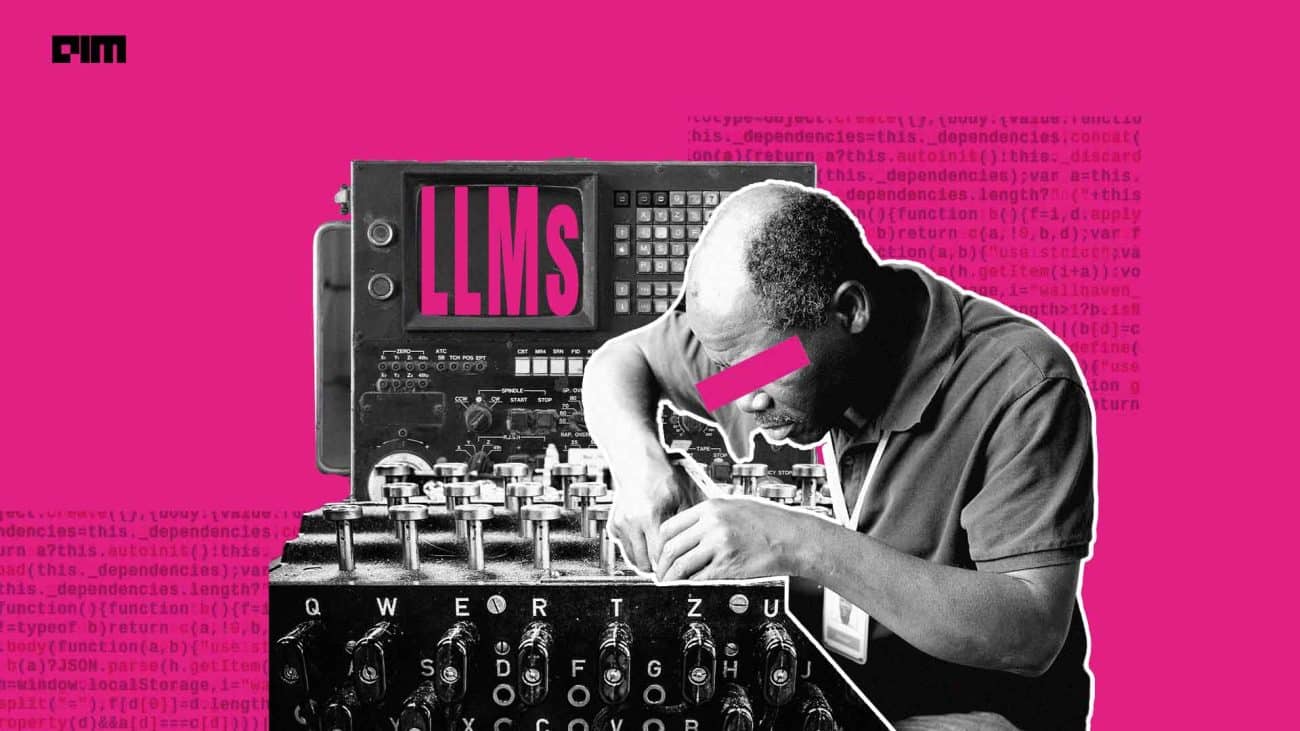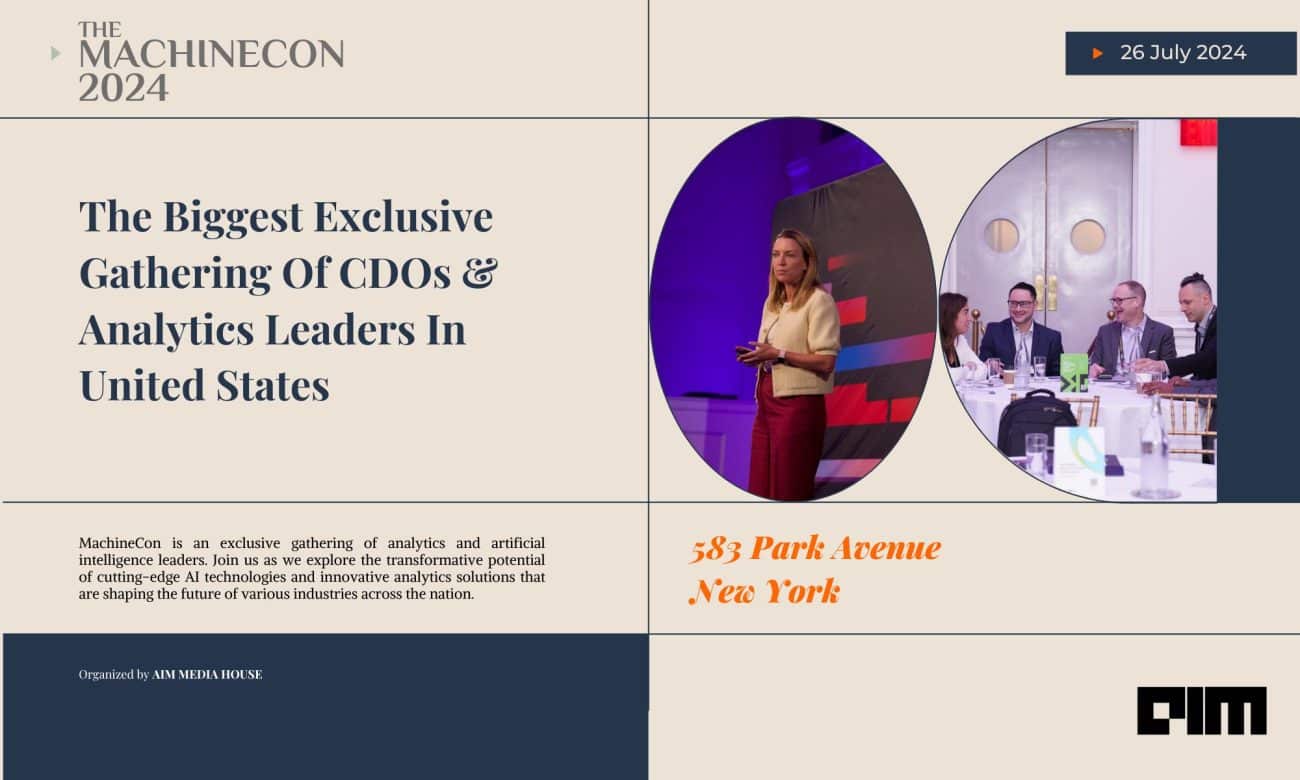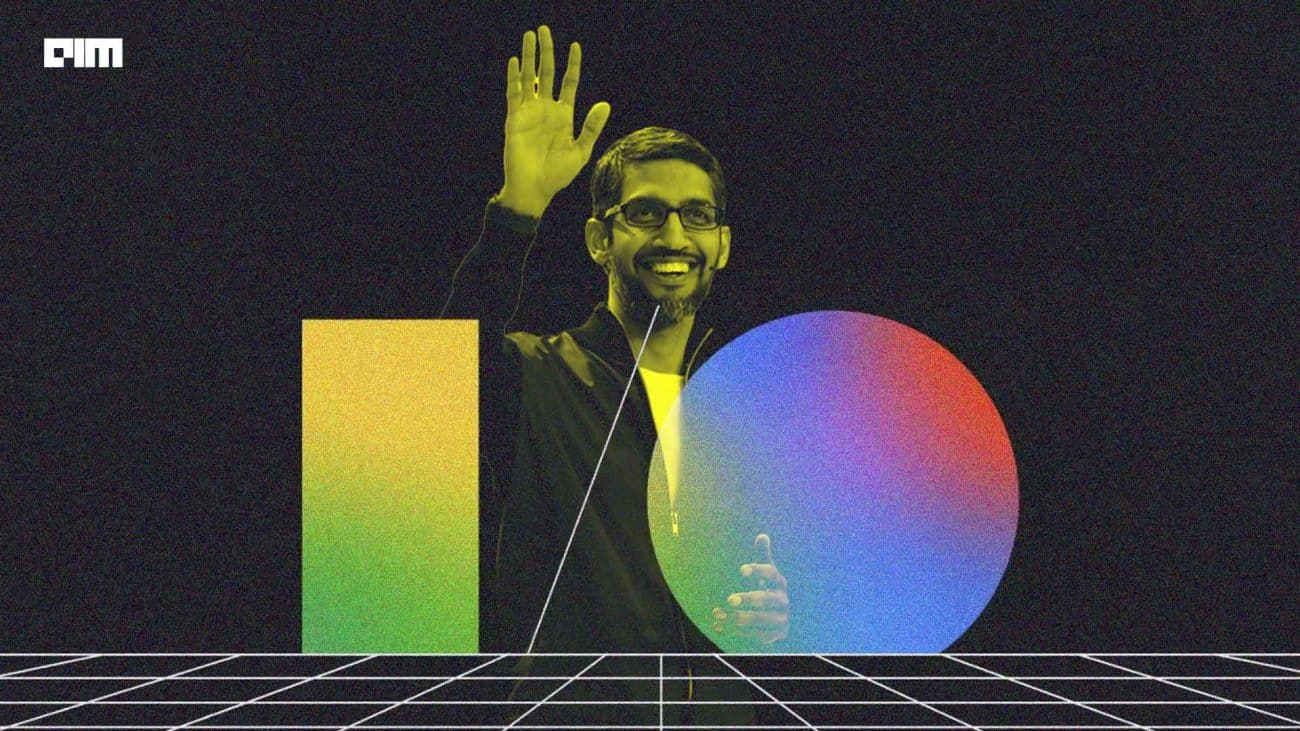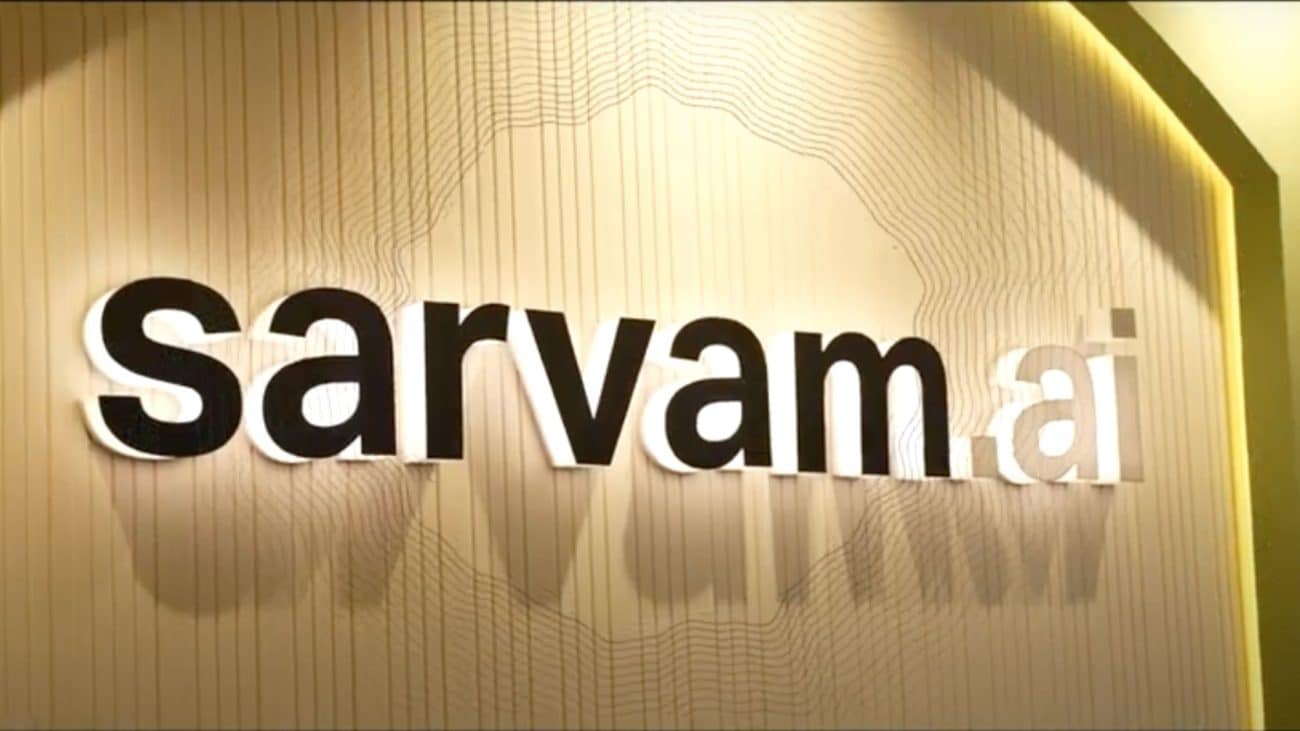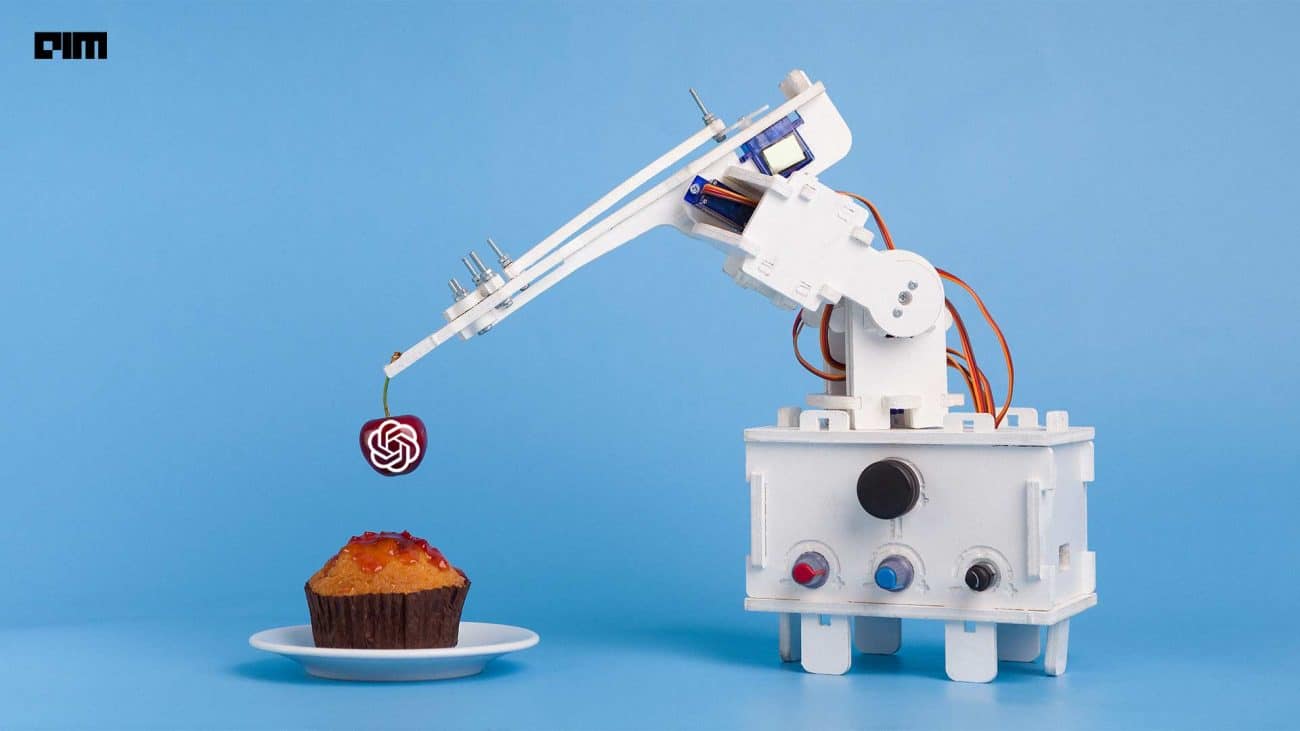CEO Mark Zuckerberg has laid down a grander plan to transform Facebook into a metaverse company. He spoke about how humans are basically mediating their lives and communication through small, glowing rectangles (read phones). He told The Verge’s contributing editor Casey Newton: “I think that that’s not really how people are made to interact”.
Facebook’s metaverse will go beyond gaming to include the workplace, entertainment and so on to create a ‘social experience’ for its users. The company has invested heavily in virtual reality, with almost 20% of its employees working exclusively on VR and AR, and with recent acquisitions like BigBox VR and Unit 2 Games. The VR segment accounts for only 3% or less of Facebook’s top line. According to Fortune Business Insights, the global VR market is expected to grow from $3.1 billion in 2019 to $57.55 billion in 2027.
Facebook’s Oculus aims to ‘defy distance’ and ‘explore virtual worlds as they grow and change.’ Zuckerberg said the metaverse would bring opportunities to individual creators, artists etc. The metaverse would be the second-best thing to a teleportation device, he added. The company is also working towards an infinite office that will allow users to create their ideal VR workspace. Zuckerberg admitted the VR headsets in the market at the moment needed improvement, and are a ‘bit clunky’.
The CEO further said the metaverse wasn’t something one specific company would build. He said humans should have a shared foundation of values and some understanding of the world and the problems that we all face together to have a cohesive society.
Litigation
Facebook’s metaverse vision comes at a time when the US government is taking serious steps to regulate Big Tech. Investigations into the corporations are underway, which may bring drastic changes to how the companies function. The FTC has accused Facebook of building a social media monopoly by acquiring smaller startups and competitors. In 2020, the Federal Trade Commission (FTC) attempted to force Facebook to hive off its two major acquisitions, Instagram and Whatsapp. The new set of laws attempting to break Facebook up may hinder the company’s ability to make acquisitions in the future.
The introduction of metaverse might further complicate things. “A thriving metaverse would raise questions both familiar and strange about how the virtual space is governed, how its contents would be moderated, and what its existence would do to our shared sense of reality,” said Platformer founder Casey Newton.
Data
With VR technology, comes the unprecedented ability to track body motions. American VR researcher Jeremy Bailenson said commercial VR systems can track body movements 90 times per second to display a particular scene effectively, and high-end systems record 18 types of movements across the user’s head and hands. In 20 minutes, the systems can pick up under 2 million unique recordings of body language.” Everything a user does in the metaverse can be traced back to an individual’s identity. In addition to one’s location, social ties, search history and preferences, VR will enable Facebook to collect even nonverbal gestures like the user’s posture, gestures, the way they react to specific stimuli and interpersonal distance.
Data collection from Facebook’s VR project will facilitate its plans for augmented reality, which will combine virtual elements with real-life surroundings. The company also spent billions of dollars to bring advertising to its Oculus VR platform. In June, the company announced its plans to bring their first in-game ads for “Blaston” from Resolution Games. However, the plan was shelved after user backlash.














